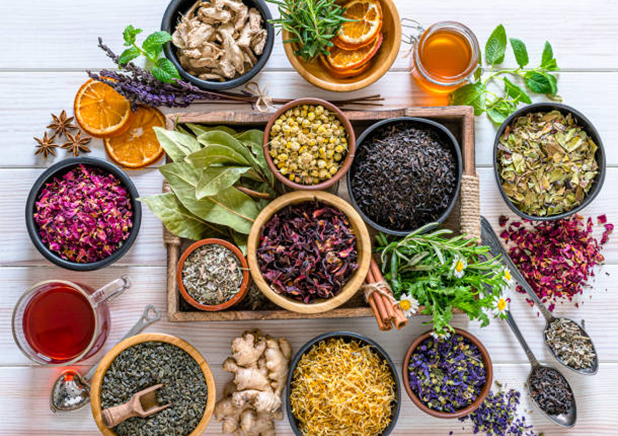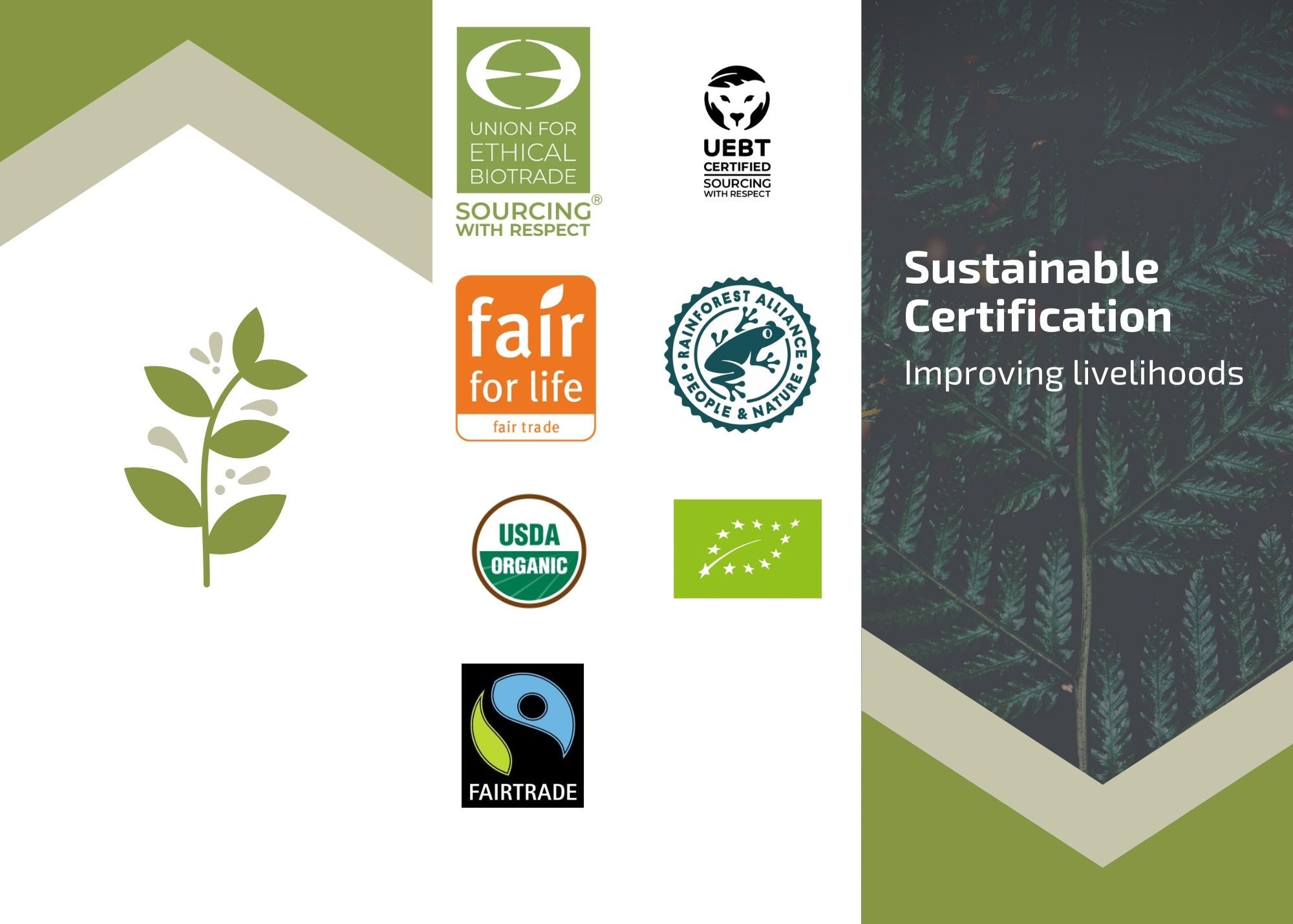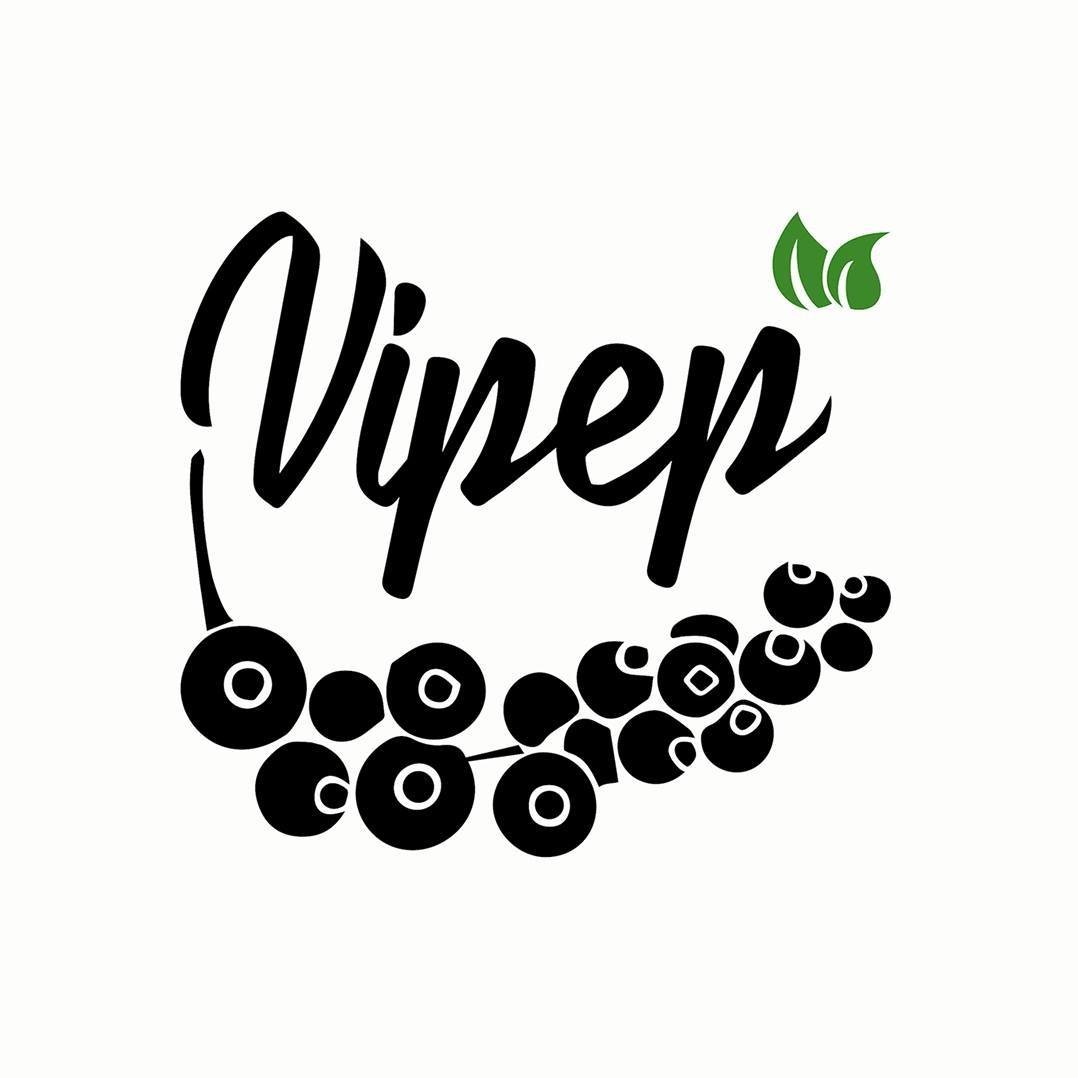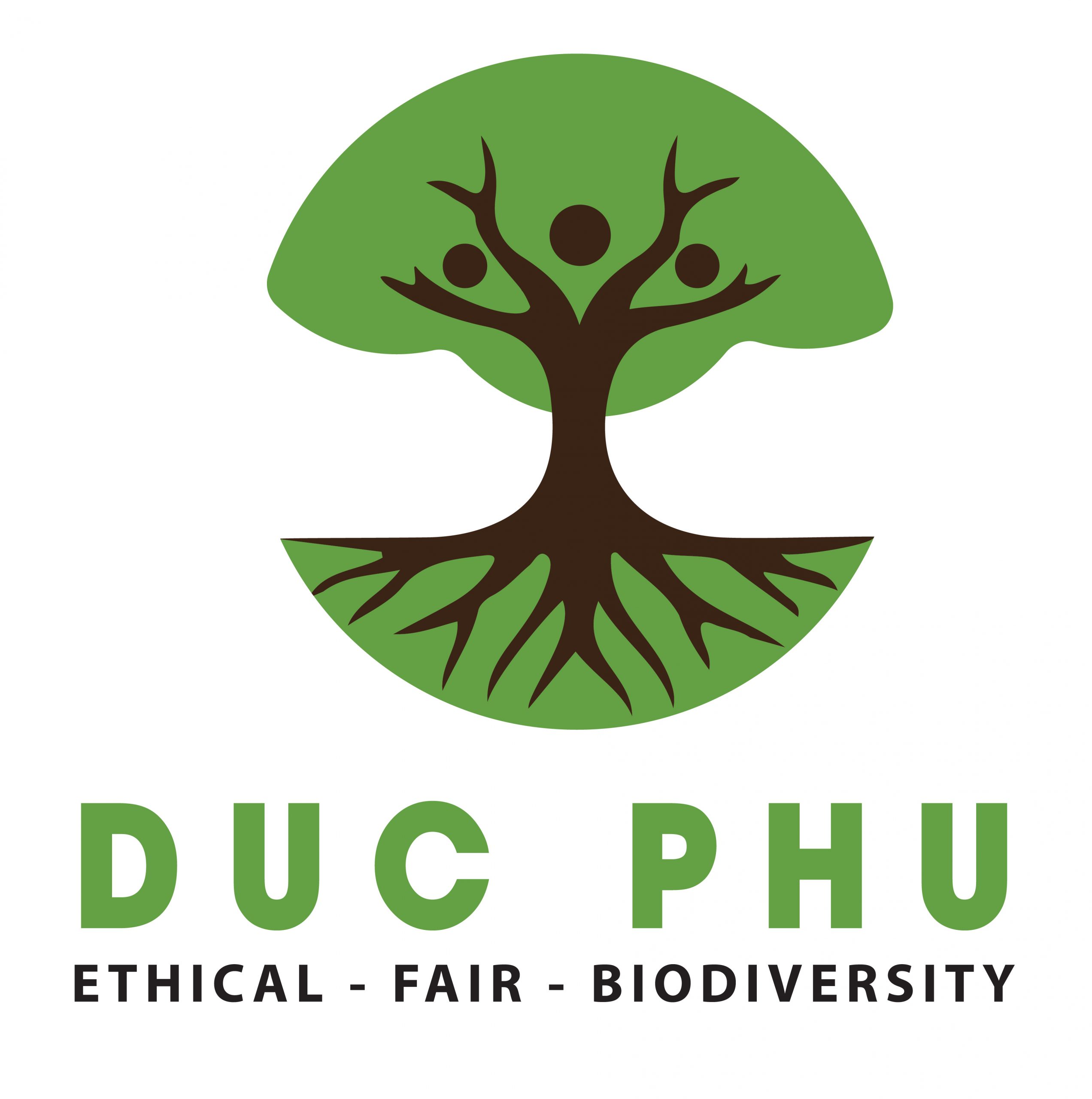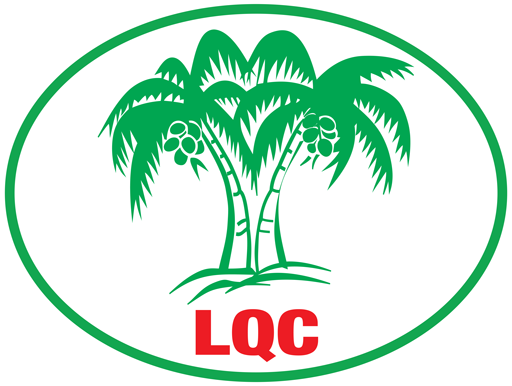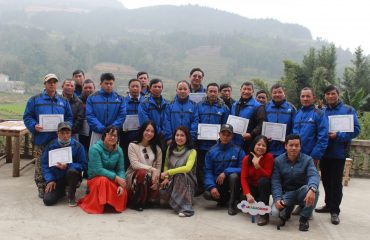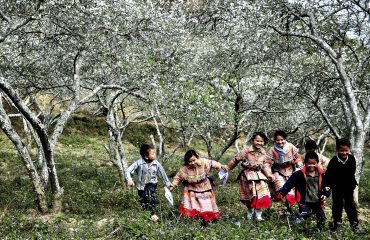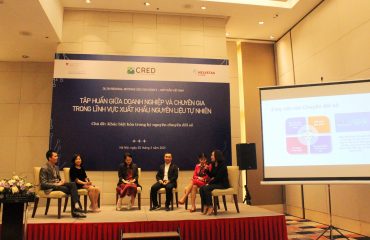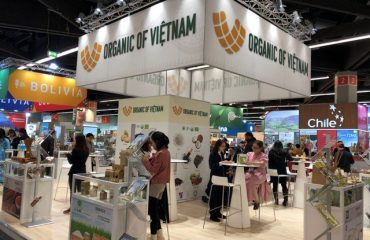International sustainable certification is one of the most effective ways to increase product value and business competitiveness in the international market. Sustainable certification will increase the brand’s awareness, the turnovers and potential customers. Certification shows the world that the companies have gained the qualified products as well as the ethical responsibilities with communities.
-
 UEBTUEBT(Union for Ethical BioTrade) certifies that ingredients from nature are sourced through systems that respect people and biodiversity. UEBT also directly certifies ingredients, providing an independent check that the ingredient was grown or collected in a way that adheres to the UEBT standard.
UEBTUEBT(Union for Ethical BioTrade) certifies that ingredients from nature are sourced through systems that respect people and biodiversity. UEBT also directly certifies ingredients, providing an independent check that the ingredient was grown or collected in a way that adheres to the UEBT standard. -
 UEBT/RAUEBT and the Rainforest Alliance have developed a joint Herbs & Spices Programme. All ingredients certified under this new programme will be able to carry the Rainforest Alliance certification seal and UEBT also. The requirements of UEBT/RA certification are combined and partially upgraded from RA and UEBT certification.
UEBT/RAUEBT and the Rainforest Alliance have developed a joint Herbs & Spices Programme. All ingredients certified under this new programme will be able to carry the Rainforest Alliance certification seal and UEBT also. The requirements of UEBT/RA certification are combined and partially upgraded from RA and UEBT certification. -
 OrganicOrganic certification is currently a very popular international certification and is almost mandatory for the sale of products in high-end markets. It aims at improving product quality and protecting customers' health. The basic requirement of Organic certification is to ensure traceability and totally no use of chemical substances in farming
OrganicOrganic certification is currently a very popular international certification and is almost mandatory for the sale of products in high-end markets. It aims at improving product quality and protecting customers' health. The basic requirement of Organic certification is to ensure traceability and totally no use of chemical substances in farming -
 RARA Certificate helps farmers produce better crops, adapt to climate change, increase their productivity, and reduce costs. These benefits provide companies with a steady and secured supply of certified products. Sourcing Rainforest Alliance Certified products also helps businesses meet consumer expectations and enhance their brand’s credibility.
RARA Certificate helps farmers produce better crops, adapt to climate change, increase their productivity, and reduce costs. These benefits provide companies with a steady and secured supply of certified products. Sourcing Rainforest Alliance Certified products also helps businesses meet consumer expectations and enhance their brand’s credibility. -
 Fair tradeFairtrade Standards are designed to support the sustainable development of small producer organizations and agricultural workers in developing countries. The Fairtrade Standards incorporate a holistic blend of social, economic and environmental criteria.The standards contain both core requirements and development requirements aimed at improvements that benefit producers and their communities.
Fair tradeFairtrade Standards are designed to support the sustainable development of small producer organizations and agricultural workers in developing countries. The Fairtrade Standards incorporate a holistic blend of social, economic and environmental criteria.The standards contain both core requirements and development requirements aimed at improvements that benefit producers and their communities. -
 Fair for lifeAn internationally recognized programme, based on key baseline reference standards (International definitions of Fair Trade, ISO 26000, ILO conventions, social criteria of IFOAM, etc.). Fair for Life promotes an approach of Fair Trade that allows all producers and workers who are at a socio-economic disadvantage to access a wider range of social and economic benefits.
Fair for lifeAn internationally recognized programme, based on key baseline reference standards (International definitions of Fair Trade, ISO 26000, ILO conventions, social criteria of IFOAM, etc.). Fair for Life promotes an approach of Fair Trade that allows all producers and workers who are at a socio-economic disadvantage to access a wider range of social and economic benefits.
Advice Company/Cooperative/ Producer Groups on relevant standards and certificates
Carry out assessment of value chain from farm to factory
Develop a compliance system plan including Internal Control System (ICS), train farmers and compliance staff
Coach compliance staffs, farmers on the ICS systems
Support compliance during official audit
Corrector errors and gaps
Process Internal Audit
Register with the organization issuing certification
International certification is one of the most effective ways to enhance product value and increase business competitiveness in the international market. Firmware got to be not missing when next to the high level of the market
